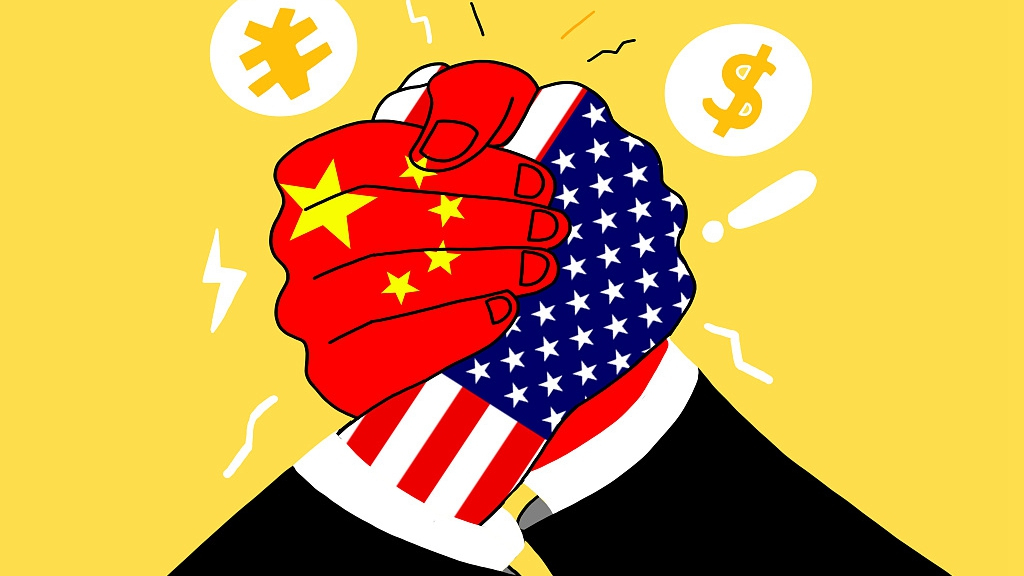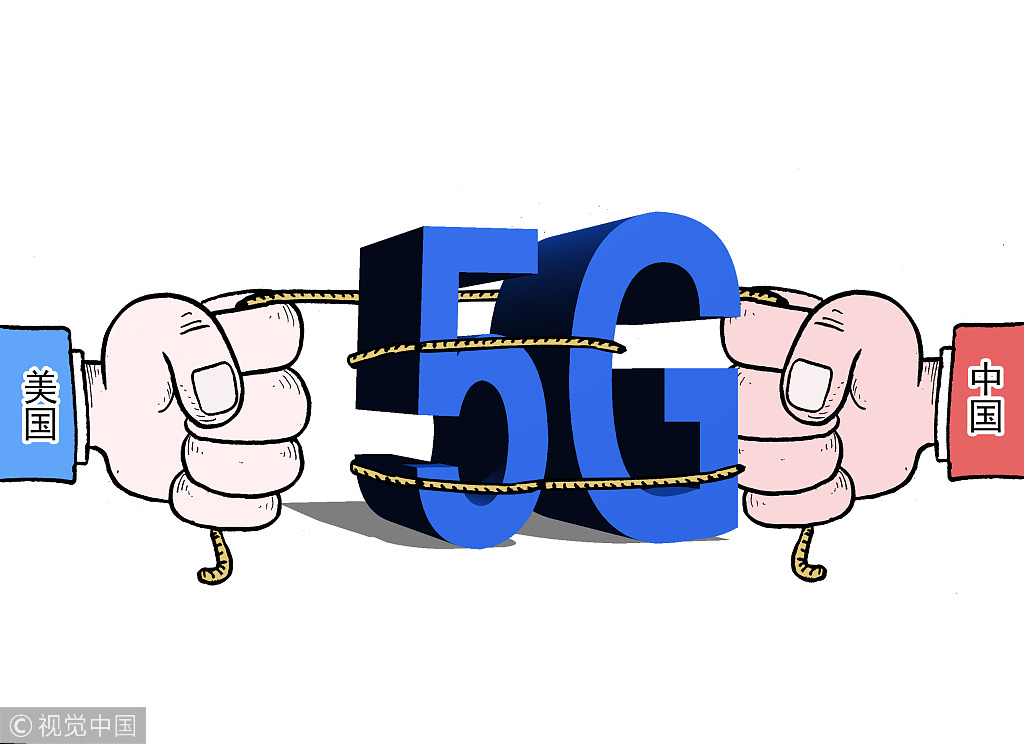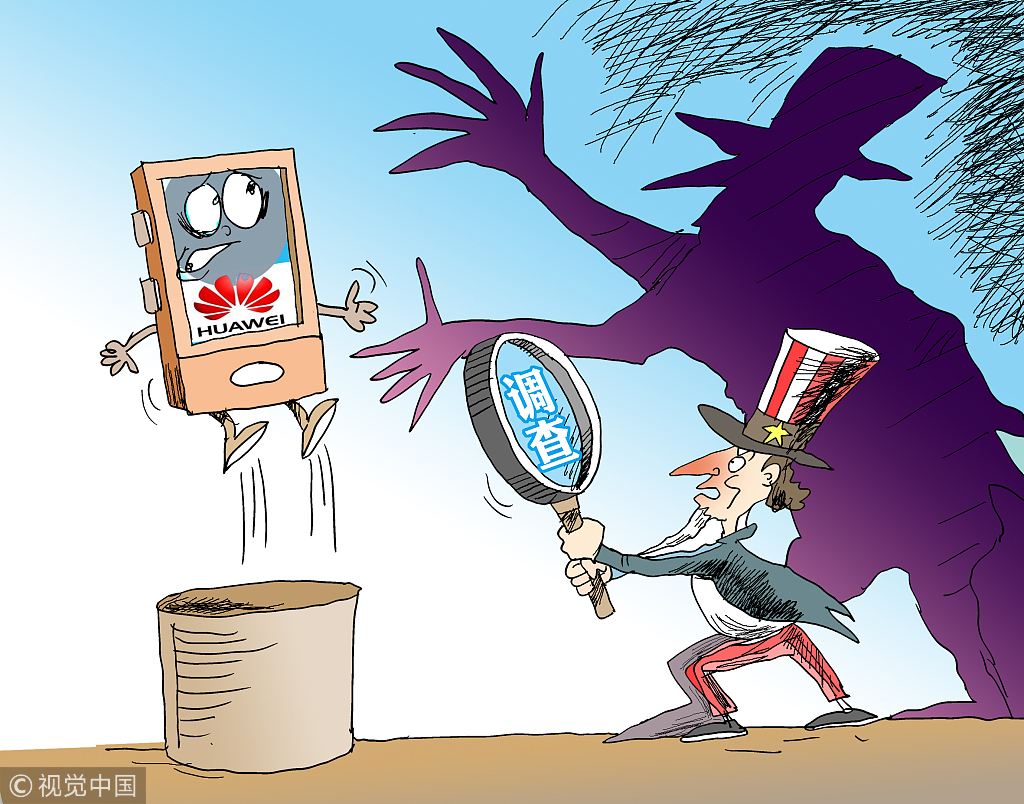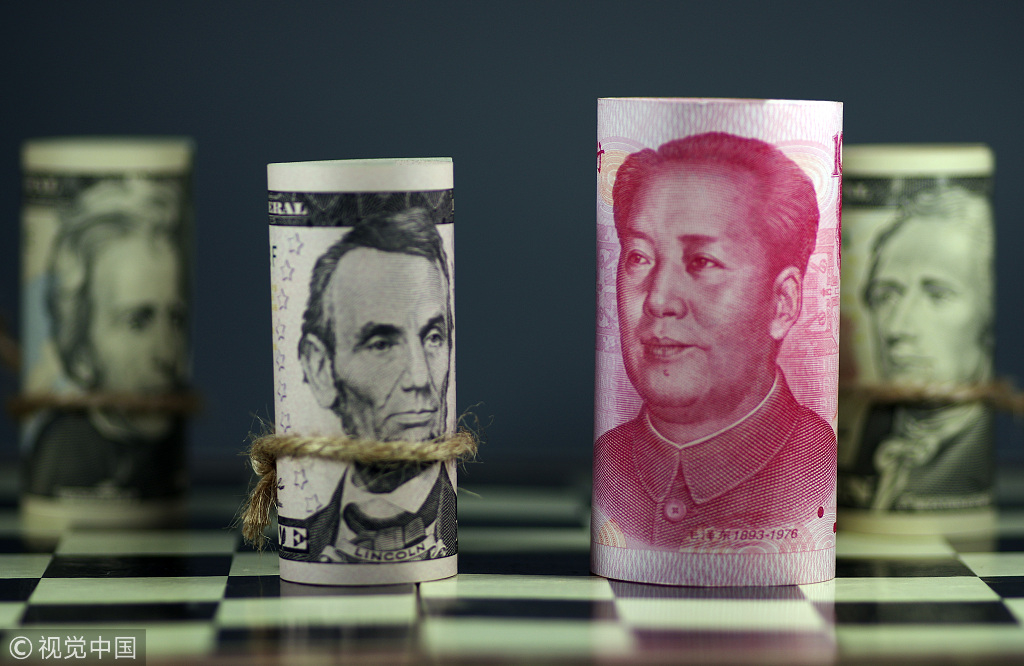
Opinion
17:38, 30-Jan-2019
Enforcement of any trade deal needs to be built on trust
Updated
18:36, 30-Jan-2019
John Gong

Editor's note: Dr. John Gong is a research fellow at Charhar Institute and a professor at the University of International Business and Economics. The article reflects the author's opinion, and not necessarily the views of CGTN.
The Chinese delegation led by Vice Premier Liu He to Washington DC this week is charged with a task that will have a profound impact on China's future direction for the next hundred years. It will be a watershed event that will determine if Sino-U.S. relations will shift onto a path of confrontation or return to a path of cooperation, albeit with healthy competition.
As I have argued in the past, irreconcilably differing ideological elements embedded in both countries' development models are scant, and there are not many so-called structural issues contained in the U.S. Trade Representative's (USTR) Section 301 report that would pose an existential threat to China's fundamental economic system.
In fact, reforms on things like the protection of intellectual property rights, enforced technology transfer, market access, state subsidies and even things pertaining to industrial policy may still be in the country's interests, albeit causing some pain in the short run.

VCG Photo.
VCG Photo.
Yet, no pain no gain. This is indeed the time that the country should make a serious commitment to continuing to further integrate into the global economy, to serve as a beacon of light for transition economies and other aspiring developing countries, and as a force of defense for global free trade and its multilateral governance system.
This is the underlying reason that I am still cautiously optimistic about this week's negotiation outcome. The American side has allegedly raised the enforcement issue so far. They would ask, “How are we supposed to believe in what you have promised, given that we have gone through rounds of dialogues and the issues raised have not been really followed through?”
Well, my answer to this question is that first, the kind of intrusive enforcement mechanism they have in mind, which would dangerously touch upon China's core sovereign interests, is simply off limits. Forget it, it would never happen! Nor will the threat of renewed tariffs work, as it creates uncertainty over future trade and investment flows.

VCG Photo.
VCG Photo.
At a fundamental level, enforcement needs to be built on trust. This is a not an international treaty that is registered at the United Nations. This is not a document that is going to be rectified by both sides' legislatures.
It started as a handshake between two gentlemen in Argentina, and at the end of the day it will end up as a gentlemen's handshake between two executive branches. What will make it binding in the future is the goodwill and trust instilled into it by the two sides.
Let's honestly ask what the reasons are for why some of the past agreements later fell apart. How much of the stabs and skirmishes initiated from Washington played a role in all of this? How many insulting and sabotaging bills with respect to China from Capitol Hill played a role in all of this?

VCG Photo.
VCG Photo.
On the day Vice Premier Liu He landed in Washington, the Justice Department initiated a new criminal grand jury indictment against Huawei over a civil dispute that was already resolved with T-Mobile. I don't mean to be an apologist for Huawei. Yes, there is no denying that some rogue employees did commit a crime, and Huawei needs to improve its internal compliance mechanism.
There is no denying that. But what is the intention to dust off an old case seven years ago that has already been satisfactorily resolved for the damaged party? Why does Mr. Whittaker need to line up at least five department secretaries to make a press show over a matter that doesn't exist anymore?
The best guarantee for today's hopeful Sino-China trade agreement lies in the trust-building measures that both sides need to develop. That means China may want to reevaluate some of its foreign policy and overseas initiatives.
That also means that Washington should stop its confrontational actions, such as the witch-hunt over Confucius Institutes in the U.S., the concerted political persecution of Huawei, and the legislative initiatives targeting China from hostile senators like Marco Rubio (R-FL) and Mark R. Warner (D-VA).
(If you want to contribute and have specific expertise, please contact us at opinions@cgtn.com)

SITEMAP
Copyright © 2018 CGTN. Beijing ICP prepared NO.16065310-3
Copyright © 2018 CGTN. Beijing ICP prepared NO.16065310-3